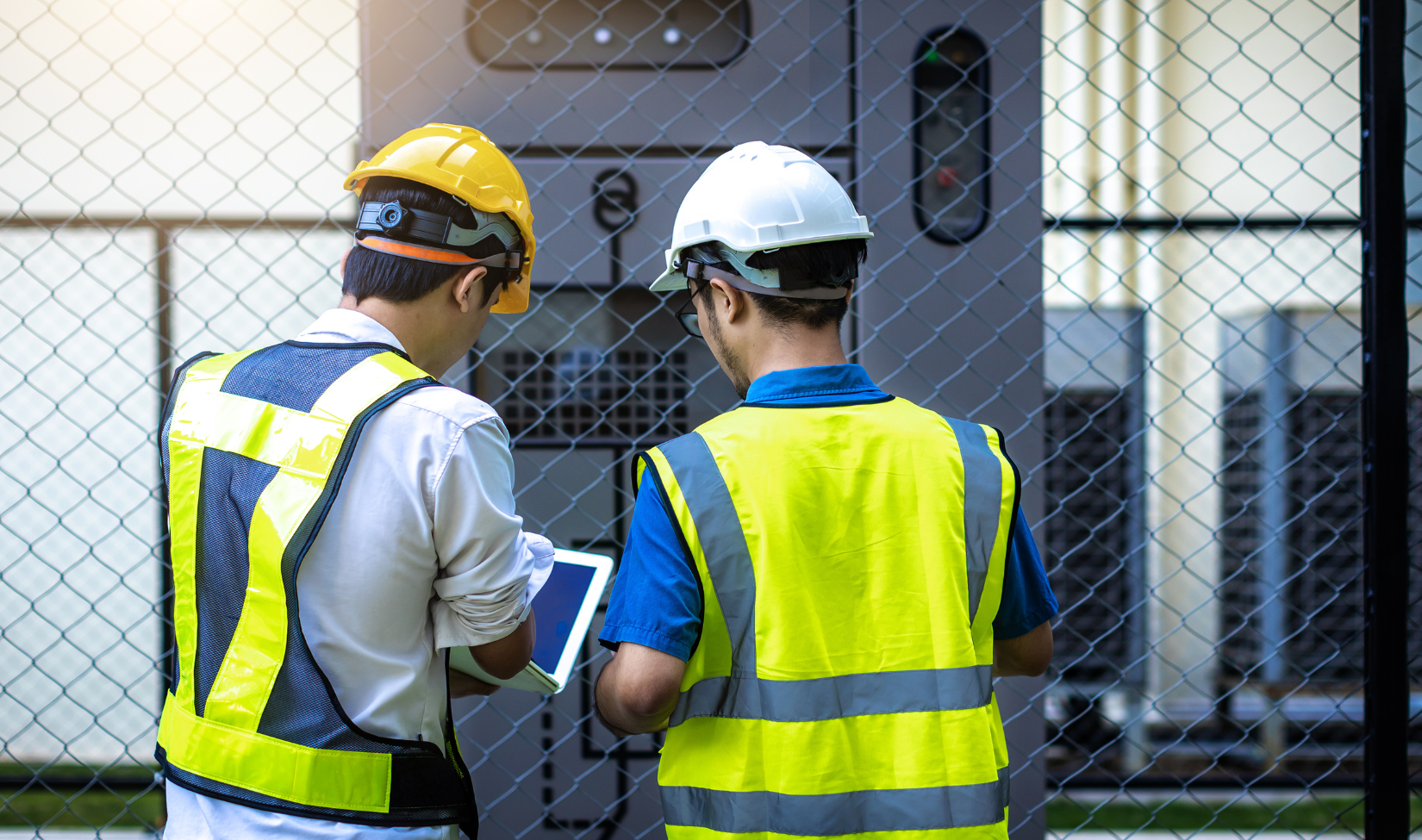Boiler Maintenance Checklist: Key Tips for Facility Managers

Introduction
Boilers are essential for heating and hot water in many facilities, particularly in industrial and commercial buildings. Regular boiler maintenance is crucial to ensure safety, efficiency, and longevity. A well-maintained boiler system not only prevents costly repairs but also ensures reliable service, especially during colder months when demand is high.
To help you source information and parts, here’s a list of common boiler manufacturers:
This checklist is designed to help facility managers stay on top of boiler maintenance and keep systems running smoothly year-round.
1. Inspect Fuel Supply and Connections
A reliable fuel supply is essential for boiler operation. Regularly inspect fuel connections for any leaks or blockages that could disrupt the flow. For natural gas boilers, check connections to ensure there are no leaks that could pose a safety risk.
2. Clean the Burners and Heat Exchangers
Over time, burners and heat exchangers can accumulate soot and debris, which reduces efficiency and can lead to overheating. Cleaning these components ensures optimal heat transfer and improves the boiler’s efficiency.
3. Check the Boiler Pressure Levels
Proper pressure is necessary for efficient boiler operation. Regularly monitor pressure gauges and adjust as needed. High or low pressure can lead to safety issues or reduced efficiency.
4. Test Safety and Control Systems
Safety controls, including the pressure relief valve and low-water cutoff, are critical for safe boiler operation. Regularly test these components to ensure they activate correctly in emergency situations, preventing potential hazards.
5. Inspect and Lubricate Moving Parts
Boilers contain various moving parts, such as pumps and fans. Lubricating these parts helps prevent wear and tear, extending their lifespan and minimizing the risk of breakdowns.
6. Flush and Clean the Boiler System
Flushing the boiler removes sludge and mineral deposits that can accumulate in the water tank. This helps prevent corrosion and buildup, maintaining system efficiency and extending the life of the boiler.
7. Check and Adjust Thermostats
Thermostats control the temperature and are key to efficient boiler operation. Ensure thermostats are calibrated correctly, and adjust settings based on seasonal needs to reduce energy consumption.
8. Inspect the Ventilation System
Proper ventilation is essential to prevent the buildup of gases and ensure efficient combustion. Check that vents are clear and in good condition to prevent any obstruction of airflow.
9. Examine Water Treatment Systems
Hard water can lead to scale buildup inside the boiler, reducing efficiency. Check water treatment systems to ensure they’re functioning properly and that water entering the boiler is free from impurities.
10. Schedule Annual Professional Inspections
Even with routine checks, an annual professional inspection is crucial. Professionals can spot potential issues early and perform in-depth cleaning or repairs as needed to keep the boiler system running at its best.
Conclusion
Following a comprehensive boiler maintenance checklist ensures that your facility’s boiler operates safely and efficiently, reducing the risk of unexpected breakdowns and costly repairs. Regular maintenance improves energy efficiency, extends the life of the boiler, and provides peace of mind during high-demand seasons. By staying proactive, facility managers can help maintain a reliable and safe heating system year-round.
For more guidance on maintaining facility systems, Schedule a Demo with FlowPath to explore how our AI-powered CMMS can support your maintenance routines with real-time tracking and insights.









